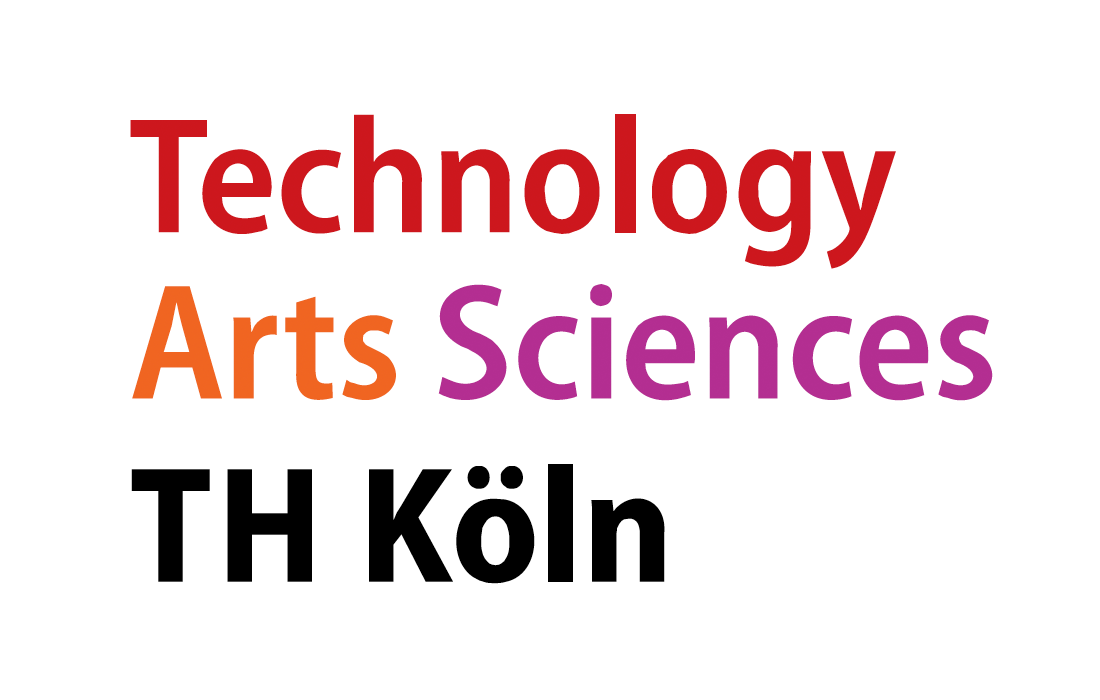Mapping to Focus Areas
Below, you find the module's mapping to the study program's focus areas. This is done as a contribution to all relevant focus areas (in ECTS, and content-wise). This is also relevant for setting the module in relation to other modules, and tells to what extent the module might be part of other study programs.
| Focus Area |
ECTS (prop.) |
Module Contribution to Focus Area |
| Generating and Accessing Knowledge |
6 |
This module deals with the importance of making scientific results available to the public, i.a. by analysing discipline-related contexts of the creation and management of research data in a differentiating manner with regard to the procedures for processing and providing research data.
|
Learning Outcome
The importance of making scientific results available to the public can be explained and diverse, i.a. discipline-related contexts of the creation and management of research data can be analysed in a differentiating manner with regard to the procedures for processing and providing research data.
For this purpose, the students will work with case studies of research data, from which they generate discipline-specific support and information services for researchers and engage themselves with different tools related to Open Science to evaluate their features, come up with improvements, and to develop services around them.
On this basis, the students can evaluate and apply existing and future services relating to open science and develop optimization suggestions for them.
Module Content
- Introduction to Open Science (Scientific Publishing, Open Access, Research Data, Research Data Management)
- Repositories, Research collections, Services, Tools
- FAIR Principles, Data and metadata formats
- Licences, Legal aspects, research data policies
- national & international players and initiatives
- Lecture
- Tutorials
- Exercises
- Accompanying project work by analyzing research data and or develop Open Science services
Learning Material Provided by Lecturer
- List of selected literature and web resources
- Lecture slides
- Exercises and tutorials
- Use cases
Literature
- Borgman, Christine L.: Big Data, Little Data, No Data: Scholarship in the Networked World. MIT Press. 2015
- Neuroth, Heike; Strathmann, Stefan; Oßwald, Achim; Ludwig, Jens (Eds.): Digital Curation of Research Data. Experiences of a Baseline Study in Germany. Verlag Werner Hülsbusch. 2013
- Science Europe: Implementing Research Data Management Policies across Europe. 2020
- Tennant, J. P., Crane, H., Crick, T., Davila, J., Enkhbayar, A., Havemann, J., Kramer, B., Martin, R., Masuzzo, P., Nobes, A., Rice, C., Rivera-López, B., Ross-Hellauer, T., Sattler, S., Thacker, P. D., & Vanholsbeeck, M.: Ten Hot Topics around Scholarly Publishing. Publications, 7(2), 34. 2019 https://doi.org/10.3390/publications7020034
